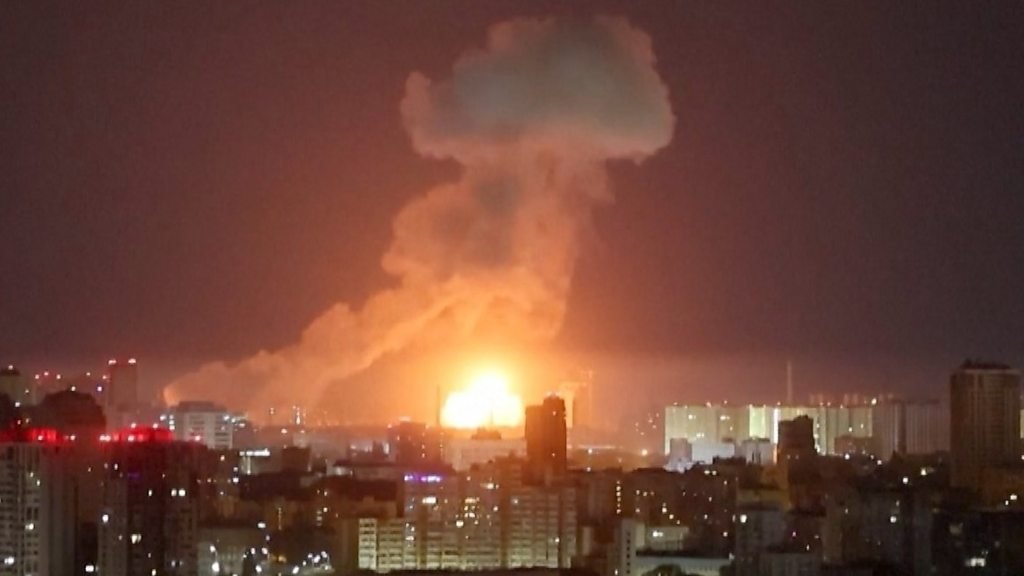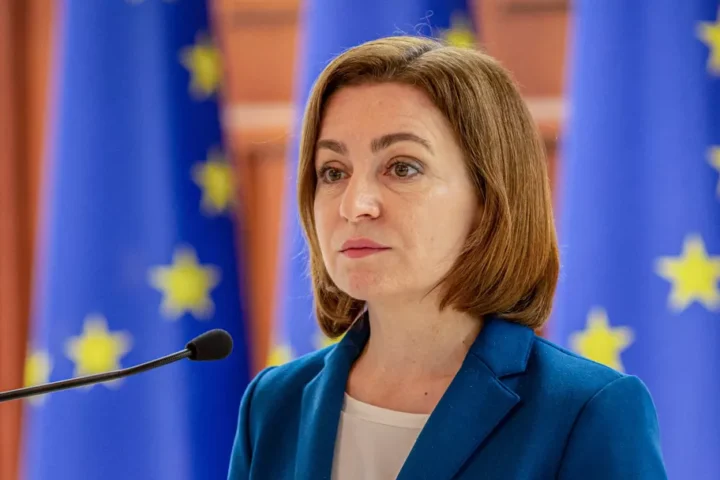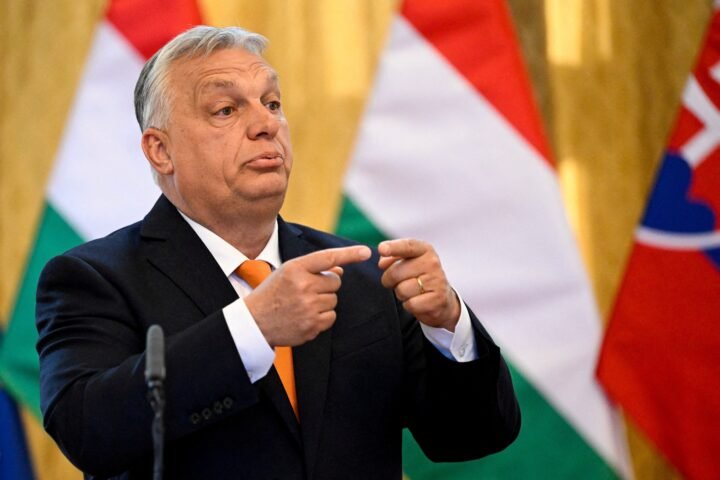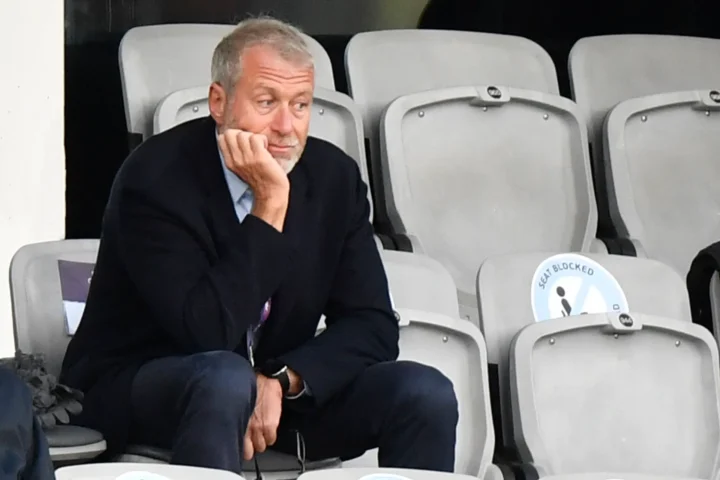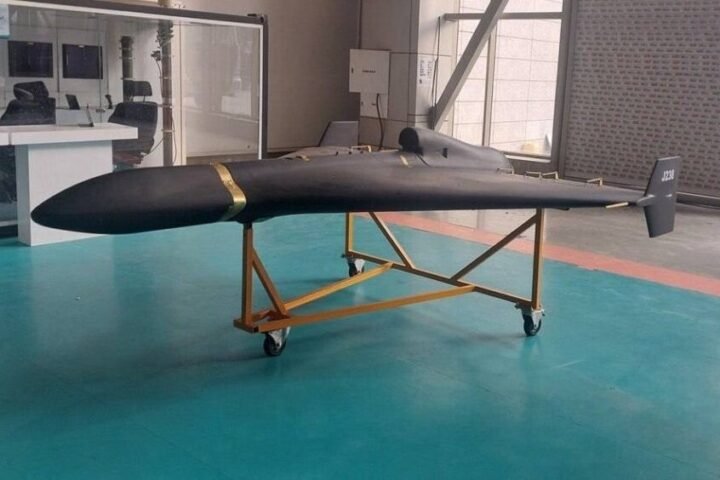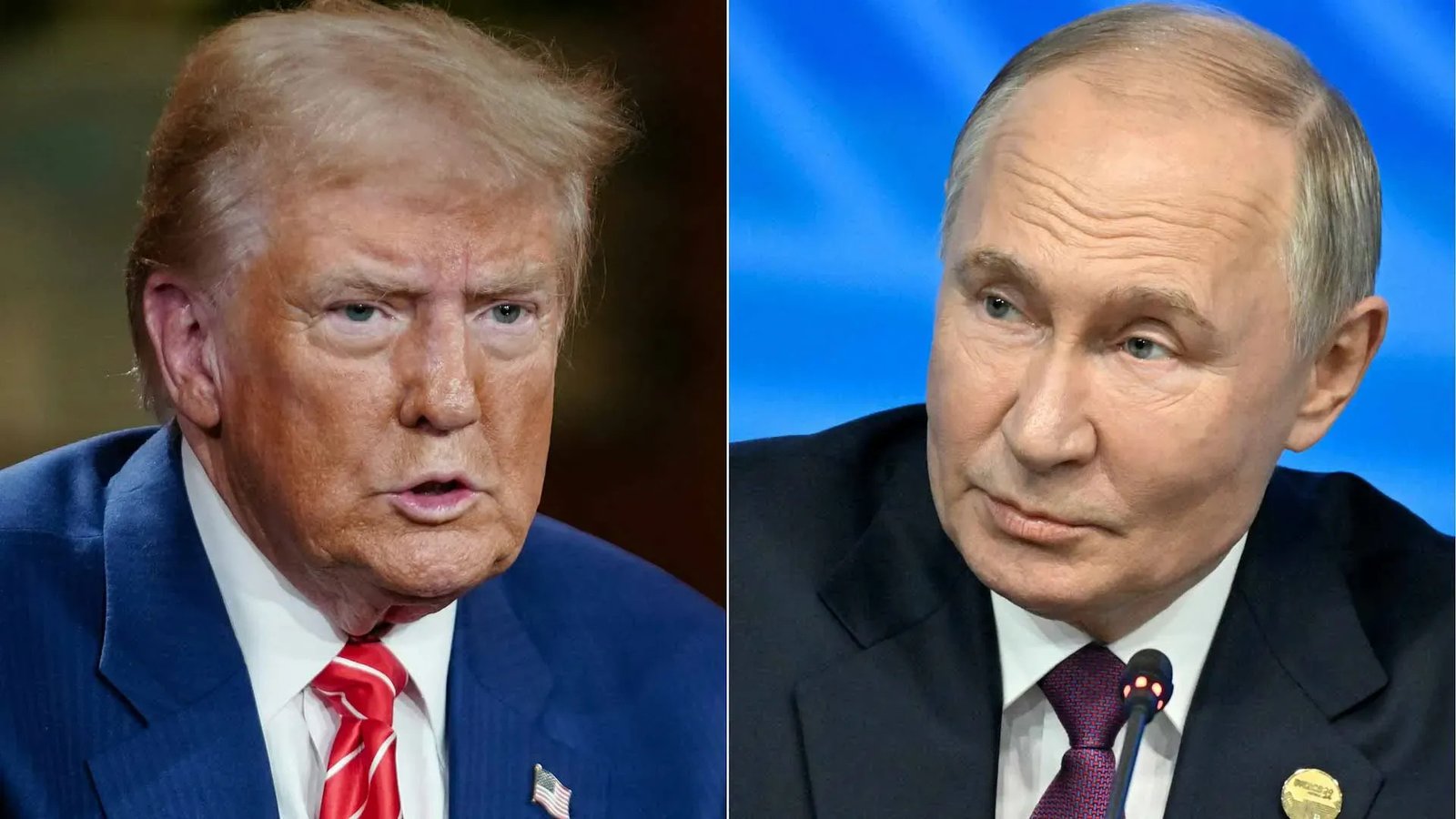Civilian infrastructure in flames as Ukraine urges stronger Western response
Russia launched a large-scale overnight missile and drone attack on Kyiv and surrounding areas, killing at least two people and injuring dozens more in what local officials described as one of the most intense assaults on the Ukrainian capital in recent months.
According to Ukrainian authorities, the attack began in the early hours of Wednesday and involved up to 500 Shahed drones and decoys, along with 10 Iskander-M/KN-23 ballistic missiles and four Iskander-K cruise missiles. The bombardment set fire to residential buildings, industrial warehouses, office facilities and vehicles across multiple neighborhoods of the capital. Numerous streets were closed to traffic in central and suburban Kyiv due to debris and ongoing emergency operations.
Massive air raid sirens kept residents in shelters for hours, while rescue teams pulled survivors from the rubble. Authorities confirmed that among the wounded were children and elderly residents. Several key roads were blocked off due to damage from missile fragments and fire outbreaks.
Psychological warfare and deliberate targeting
The assault fits into a broader pattern of sustained aerial attacks on Kyiv throughout the war. Military analysts say the strikes are not just about damaging Ukraine’s energy grid or critical civilian infrastructure, but are designed to break the will of the population and pressure the Ukrainian government into concessions.
Kyiv officials described the strike as part of Russia’s ongoing psychological warfare. “These attacks are not random. They’re calculated, systematic war crimes,” one official said, adding that the Kremlin’s goal is to exhaust and intimidate the population of the capital. Such tactics are seen as part of a broader strategy to destabilize Ukraine from within and force a de facto capitulation under the guise of peace talks.
Western hesitation enables continued aggression
Ukrainian officials and international observers are warning that Russia continues its strikes with virtual impunity, emboldened by the lack of concrete international consequences. While expressions of concern from the West remain frequent, Kyiv argues that deterrence requires more than statements.
“Until Russia is made to pay a real price for these nightly attacks, it will continue them,” a statement from Ukrainian lawmakers read, calling for tougher sanctions, expanded asset freezes, and a rapid escalation in military support.
Kyiv is urging allies to provide additional air defense systems, including Patriot, IRIS-T and SAMP/T batteries. Ukrainian officials emphasize that these are not just military assets but life-saving humanitarian tools amid ongoing assaults on urban centers. “Without proper defense capabilities, the world becomes complicit in these crimes through inaction,” the statement added.
Targeting civilians, denying the truth
Despite official Russian claims that its forces are targeting military infrastructure, evidence from the ground shows widespread damage to civilian areas. Analysts note that the nature of the attacks — launched at night, aimed at densely populated districts, and without discernible military targets — is consistent with state terrorism rather than battlefield strategy.
Pro-Russian media outlets continue to describe the targets as “military objects,” but eyewitness reports and damage assessments tell a different story. Ukraine and its partners argue that this false narrative must be actively countered and exposed, as part of documenting a growing archive of violations of the Geneva Conventions and international humanitarian law.
“These are not accidents of war,” said a senior Ukrainian official. “Each strike is a deliberate act, logged in real time, and those responsible — from Vladimir Putin to field commanders and media propagandists — must be held individually accountable.”
Strategic urgency for Western response
Ukraine’s leadership warns that Western indecision is enabling further escalation. Officials in Kyiv have expressed frustration that while Ukrainian rescue teams dig children out from under rubble, leaders in Washington and Brussels continue to weigh options. Ukrainian lawmakers argue that this is no longer just a matter of geopolitics, but a test of moral clarity and strategic resolve.
“There can be no partial engagement with a regime that targets civilians daily,” the statement read. Kyiv insists that dialogue with the Kremlin without red lines only invites further crimes and undermines Western unity.
Ukrainian officials say that a strong, well-armed Ukraine is the best guarantee that missiles will not strike other European capitals. They also caution that Moscow is attempting to normalize the war — making it a grim backdrop of everyday life — and that the West must resist this through decisive, tangible actions.
“Russia has shown it won’t stop,” the statement concluded. “But it cannot win. The only path to ending this war on just terms is to give Ukraine all the tools necessary to defeat the aggressor.”
